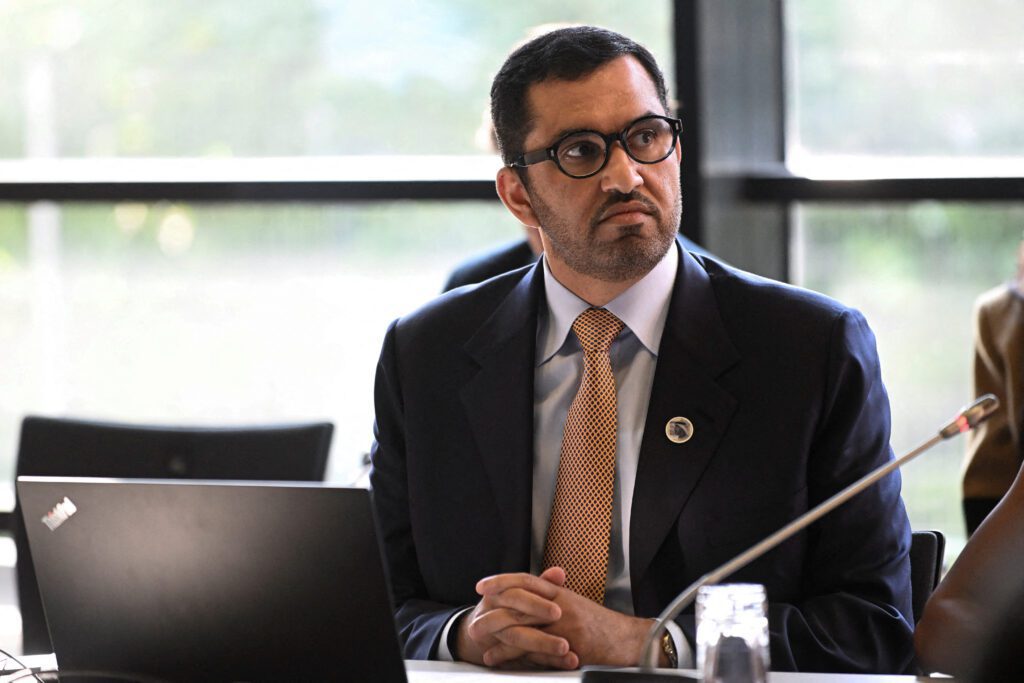Abu Dhabi’s clean energy firm, Masdar, is actively considering “transformative” acquisitions to extend its influence in the US and Europe, according to its Chief Operating Officer.
The company is in the process of thoroughly evaluating the market for acquisitions and exploring greenfield and brownfield projects, along with opportunities to support small renewable energy developers. Masdar expresses a keen interest in expanding its footprint in these “very attractive and well-developed markets.”
The US Inflation Reduction Act, enacted last year, offers tax incentives for wind, solar, hydropower, and other renewables, contributing to an anticipated $3 trillion investment in renewable energy technology. Meanwhile, the REPowerEU Plan aims to increase the share of renewables in the EU’s energy mix to 45% by 2030.
Masdar Strengthens Investment in Onshore and Offshore
Masdar focuses its core investment on onshore solar, onshore wind, and offshore wind. Additionally, the company invests opportunistically in other technologies such as geothermal, waste-to-energy, and hydropower. Earlier this year, Masdar completed the acquisition of a 50% stake in the California-based Big Beau project from EDF Renewables.
Established in 2006, Masdar aims to achieve a renewable energy portfolio capacity of at least 100 gigawatts and an annual green hydrogen production capacity of up to 1 million tonnes by 2030.
It operates in over 40 countries and remains open to expansion into China, pending the right timing and partner. The company continues to enhance its presence in core markets like the Commonwealth of Independent States region, according to The National News.
Masdar recently signed an initial agreement with Acwa Power and the State Oil Company of Azerbaijan Republic to develop 500 megawatts of renewable energy projects in Central Asia. The company plans to fund its projects through green bonds, building on its successful $750M green bond offering listed on the London Stock Exchange in August.
The green and sustainable bonds and sukuk market is flourishing in Gulf Co-operation Council economies, aligning with governments’ net-zero commitments in the oil-rich economic bloc.


